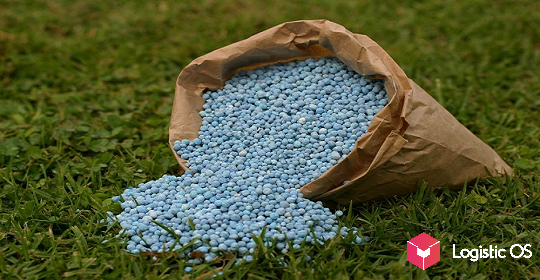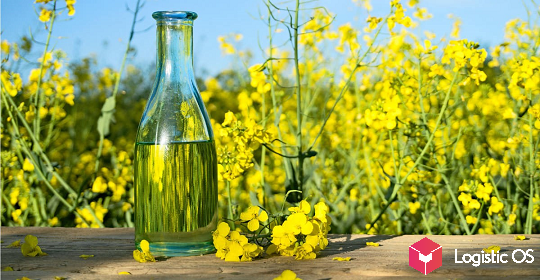European farmers fear that in response to the actions of their governments, the Chinese authorities will significantly limit the import of agricultural products from the EU to China.
Not long ago, the European Union thought about introducing protective duties on the import of electric vehicles from China, with rates reaching 20-40%.
This became necessary to prevent the European market from being captured by automotive products from China, which are more affordable.
However, there are fears that China may react in a way that is painful for European farmers, namely, by banning the import of agricultural products into its territory. First of all, we are talking about pork and dairy products.
If duties on cars are eventually actually introduced, China’s reaction could be harsh, experts say.
At the same time, the volume of sales of European agricultural products to China as a whole is about 15 billion euros, and if we talk about pork and dairy, then this is approximately 5 billion euros.
This is approximately 2% of the total volume of European exports to China, and therefore can significantly affect the entire European agricultural sector.
It is worth noting that China is in third place in terms of volumes of purchases of European agricultural products.
Many experts are now saying that the European Commission needs to make great efforts to avoid putting its farmers under attack.
Pork producers are especially worried because the sheer size of the Chinese market will make it extremely difficult to replace it.
Not to mention the fact that it has its own specifics: the Chinese willingly buy pig heads, ears and tails, which are practically not in demand in the EU countries.
At the same time, the Chinese authorities seem to have the political will to introduce a ban.
At the beginning of the year, the Chinese government began an investigation into alcohol imported from France — and it is possible that this was done in response to an investigation initiated by France into those same Chinese electric vehicles.
If protective duties are introduced on them, the consequences could be very sensitive, analysts predict.
At the same time, China has been implementing its concept of food security for a long time, within the framework of which it is planned over time to completely transition to self-sufficiency in all main types of products, and its authorities constantly emphasize how important independence from imports in this area is for the country.
China’s possible refusal of EU products would be in every respect a step in this direction, so it is possible that if a ban on imports of products from Europe is introduced, it could subsequently be extended for a very long time.

